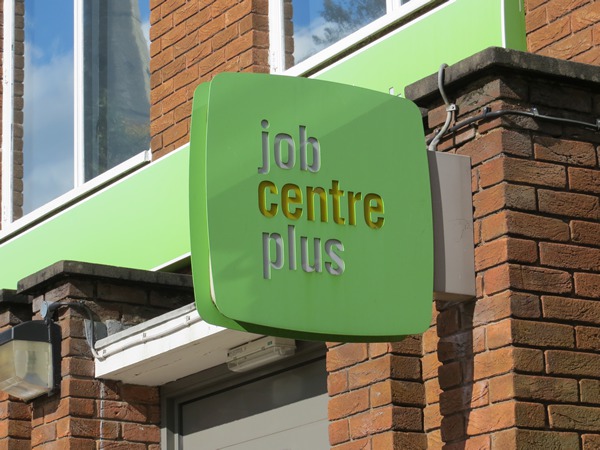‘Anything short of raising all benefits in line with inflation will blight millions more childhoods and weaken our future economy.’

As the new chancellor Jeremy Hunt warns that decisions of “eye-watering difficulty”, including cuts to public spending, will be needed to repair the damage of the government’s disastrous mini-budget, calls are being made to raise welfare benefits with inflation, not wages.
The Department of Work and Pensions (DWP) has been told that families with children who are claiming Universal Credit (UC) could be up to £1,000 a year worse off if the government increase benefits in line with earnings instead of inflation.
The warning was made by the Resolution Foundation, the think-tank aimed at improving living standards on those on low to middle incomes. If benefits were raised in-line with wages, a working single parent with one child would be set to lose £478 a year. A working couple with three children would be £978 worse off a year. A single disabled adult claiming UC would stand to lose £380.
Adam Corlett, principal economist at the Resolution Foundation, said these cuts would come at a time when families are already set to struggle with “rising prices, soaring mortgages, and the end of temporary support schemes.”
“With benefits having repeatedly failed to keep pace with inflation over the past decade, this would see real income levels for Britain’s poorest families fall to levels not seen since the turn of the century,” said Corlett.
The children’s charity Action for Children joined calls for the government to raise welfare benefits in line with inflation not wages.
“Anything short of raising all benefits in line with inflation will blight millions more childhoods and weaken our future economy,” said Imran Hussain, director of policy and campaigns at Action for Children
“In April when inflation was nine per cent, the government raised benefits by only 3 per cent but promised they would ‘catch up’ next year.
“To renege on that promise now as prices continue to soar and struggling families head into winter is shameful,” Hussain added.
The warnings come as an analysis by the Institute for Fiscal Studies shows government departments have faced steep falls in their daily budgets, with cuts of more than a quarter for areas that include work and pensions, transport and housing, communities.
The decision regarding Universal Credit payments by will be made by the chancellor on October 31 in the fiscal statement. Jeremy Hunt is expected to make spending cuts on a scale unseen since George Osborne’s age of austerity.
Gabrielle Pickard-Whitehead is a contributing editor to Left Foot Forward
Image credit: Creative Commons – HelenCobain
Left Foot Forward doesn't have the backing of big business or billionaires. We rely on the kind and generous support of ordinary people like you.
You can support hard-hitting journalism that holds the right to account, provides a forum for debate among progressives, and covers the stories the rest of the media ignore. Donate today.



